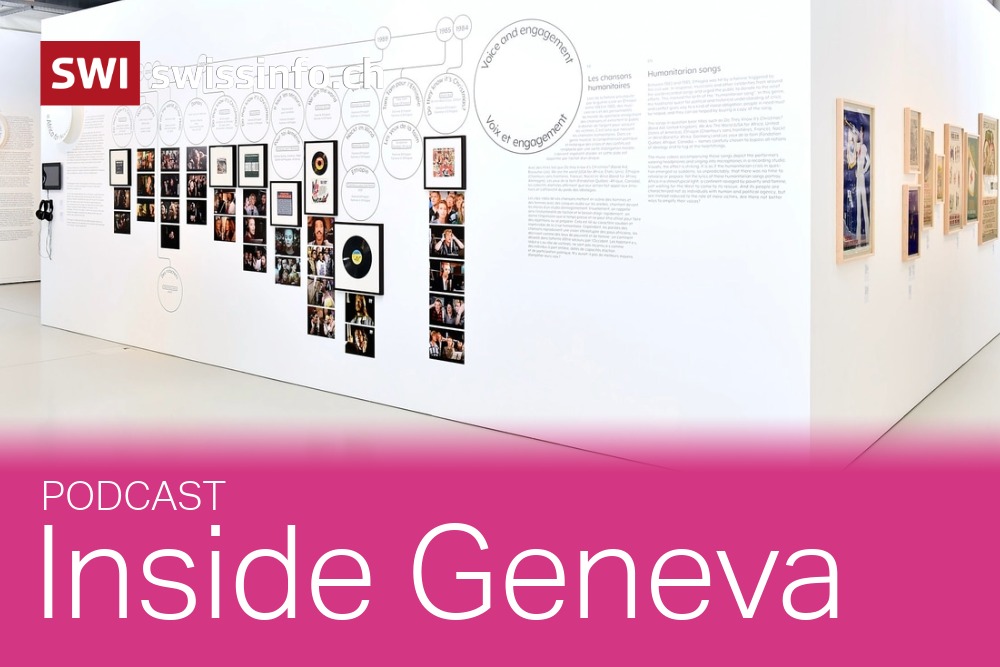
Wanted: European “backyard” for nuclear waste

An association based in Switzerland is helping its European neighbours in their search for a good place to dump nuclear waste.
Ten nations have enlisted the aid of Baden-based Arius, or Association for Regional and International Underground Storage. They hope to consolidate their radioactive waste within a single location.
The countries in question include Austria, Ireland, Italy and seven others – but not Switzerland. In 2006, the federal government enacted a ten-year moratorium on the export of nuclear waste – the storage of which is the producers’ responsibility.
As Swiss Federal Energy Office spokesman Matthieu Buchs told swissinfo.ch, “The option of a storage site abroad is not entirely ruled out, but would only be possible under extremely stringent conditions. Furthermore, there are no signs at present that an international solution is likely to be found.”
Arius may be able to help change that. It has teamed up with COVRA, the national waste agency of the Netherlands. Together they lead the multinational working group whose task is to study the feasibility of setting up a non-profit European Repository Development Organisation (ERDO).
“The concept of small countries joining together in a cooperative effort to make one repository makes very obvious economic sense,” Charles McCombie, Executive Director of Arius, told swissinfo.ch.
In addition to pooling funds, the countries involved in the ERDO project are sharing their knowledge. As well as identifying a common site for waste disposal, their goal is to figure out how a future European repository organisation would actually function.
Whose backyard?
Amid cries of “not in my backyard!”, it can be hard enough to find a place to generate nuclear energy, let alone a spot to store spent fuel rods.
“Deep geological repositories are very difficult to site and to construct, and are very expensive,” said McCombie, adding, “If you’re a small country with small amounts of waste … it’s really not affordable to do it on your own.”
The first step is to find places that meet the geological requirements. For example, a suitable site needs to be in a stable area that isn’t prone to surface erosion.
“It is technically challenging, but when the chips are down, that’s the easier part, because the really hard part is to find sites where you have the right level of societal acceptance,” said McCombie.
While local opposition to repositories can be fierce, there have been cases where potential host communities were quite keen to take on the role of waste steward.
In Scandinavia, for example, towns have actually competed for the opportunity and its accompanying benefits such as direct financial incentives and long-term job security.
“We hope the same principles could apply at the multinational level,” said McCombie. Indeed, the success of the ERDO programme depends on having a willing host community and country.
Swiss sites
In principle, the Swiss Federal Nuclear Energy Act stipulates that radioactive waste be stored in a deep geological repository in Switzerland. At the moment, however, the waste is housed in secure above-ground interim storage facilities.
“Switzerland shares the point of view that it is the duty of those who produce radioactive waste to search for and implement solutions within the country,” said Buchs.
The search for suitable long-term repositories has been going on for some time. Potential locations have been identified in cantons Aargau, Nidwalden, Obwalden, Thurgau, Schaffhausen, Solothurn and Zurich.
“The Swiss siting areas are confined to the north because it’s away from the Alps, which have an uplift potential, yet not so far north that it’s into the ‘Rheingraben’, which is where the River Rhine comes and where there’s a big geological fault,” explained McCombie.
Not everyone is impressed by the virtues of local geology. Erhard Meister, president of Schaffhausen’s cantonal government, told the SonntagsZeitung newspaper, “A nuclear repository in the Schaffhausen region is not acceptable.”
Long process
In a report released in early May, the Federal Nuclear Safety Commission described Schaffhausen’s Südranden area – along with Zurich’s Weinland and Aargau’s Bözberg – as “very suitable” locations for weak and moderately radioactive waste.
The Zürcher Weinland would be best for highly radioactive waste, according to both the commission and Nagra, the National Cooperative for the Disposal of Radioactive Waste.
The federal government will make a final decision on where nuclear waste should be stored in 2011.
However, it is likely to take about ten years to secure the necessary permits to build such a site. The federal authorities will first solicit input from the cantons, neighbouring countries and political parties.
No matter where the waste ends up, McCombie points out that there are worse things to live near, such as large quarries or facilities related to the chemical industry, not to mention the rest of the nuclear fuel cycle.
“That’s more environmentally problematic. The worst part is the part that we don’t see – the mining and milling of uranium,” said McCombie, who served as the scientific and technical director of Nagra for 20 years.
While he noted that nothing has “zero risk” in the world today, he cited the increasing acceptance of nuclear power in a society where energy consumption is also on the rise.
“Nowadays people – especially in Switzerland – have come to realise that nuclear power plants are sensible and safe things.”
Susan Vogel-Misicka, swissinfo.ch
Ten nations are part of the European Repository Development Organisation (ERDO) working group.
They are:
Austria
Bulgaria
Ireland
Italy
Lithuania
Netherlands
Poland
Romania
Slovakia
Slovenia
Switzerland has five nuclear power stations: Beznau I, Beznau II, Mühleberg, Gösgen and Leibstadt.
They account for around 39% of the country’s electricity production.
Switzerland sent spent fuel rods to reprocessing plants in Britain and France until July 2006, when a ten-year moratorium came into force.
Under Swiss law, radioactive waste must in principle be stored within the country at the expense of the producers.
Since 2001 high-level radioactive waste has been stored in an interim facility in northern Switzerland, known as Zwilag.
In 2002 voters in canton Nidwalden threw out a plan to build a permanent underground nuclear waste repository in their region.
Six potential storage sites in northern and central Switzerland are currently under consideration, including the one in Nidwalden.
Storage will be 400-900 metres below the surface, in suitable rock formations.
The aim is to ensure the safe storage of radioactive material for up to one million years.
The consultation process is scheduled to take ten years from 2008.
The government expects to make an initial selection in 2011 and take a final decision in 2016-19. This will have to be approved by parliament, and may be the subject of a referendum.
The selected sites should come into operation in 2030-2040.

In compliance with the JTI standards
More: SWI swissinfo.ch certified by the Journalism Trust Initiative










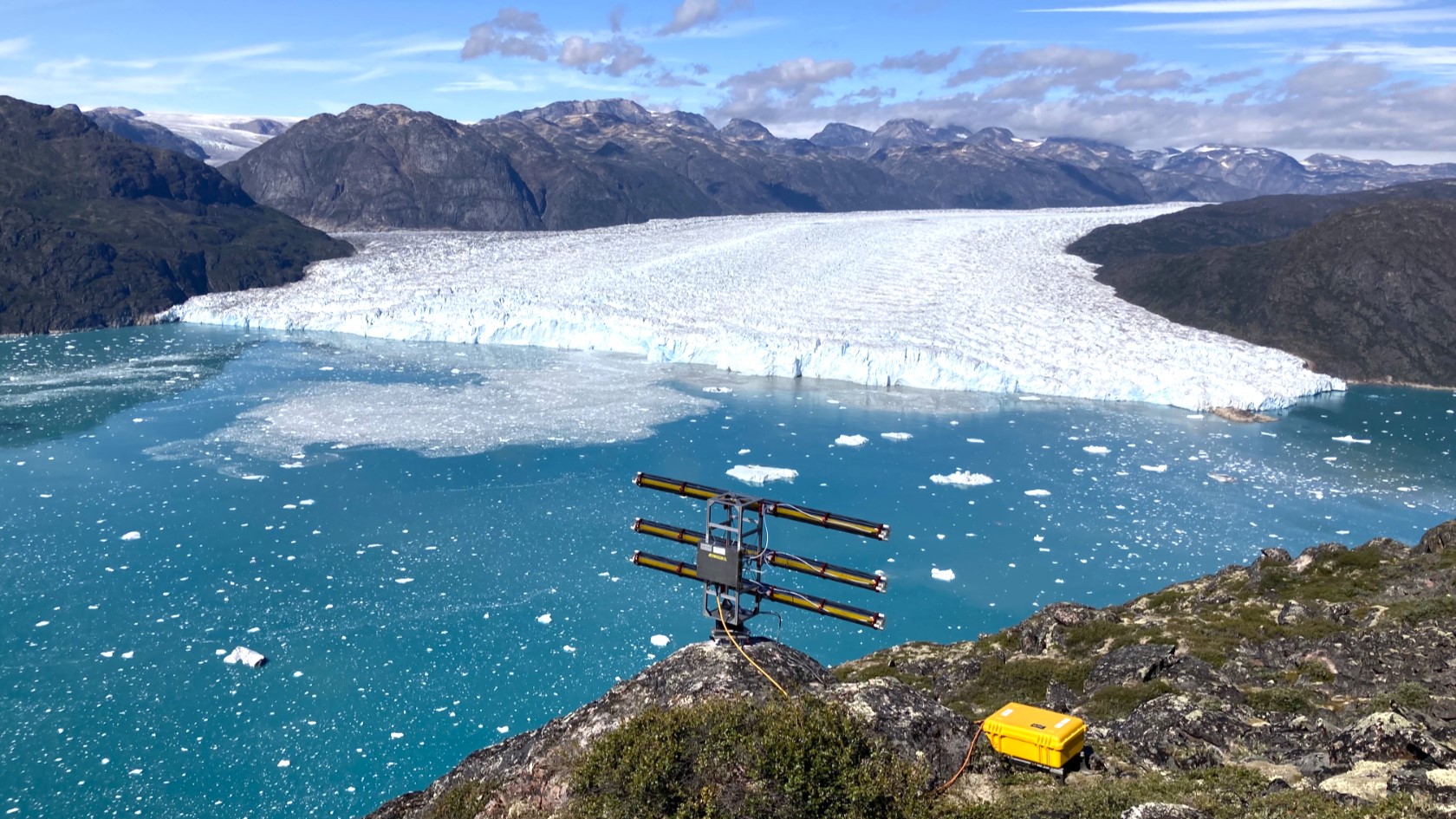






















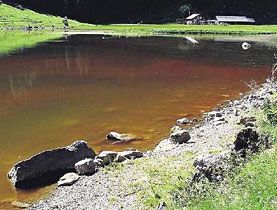
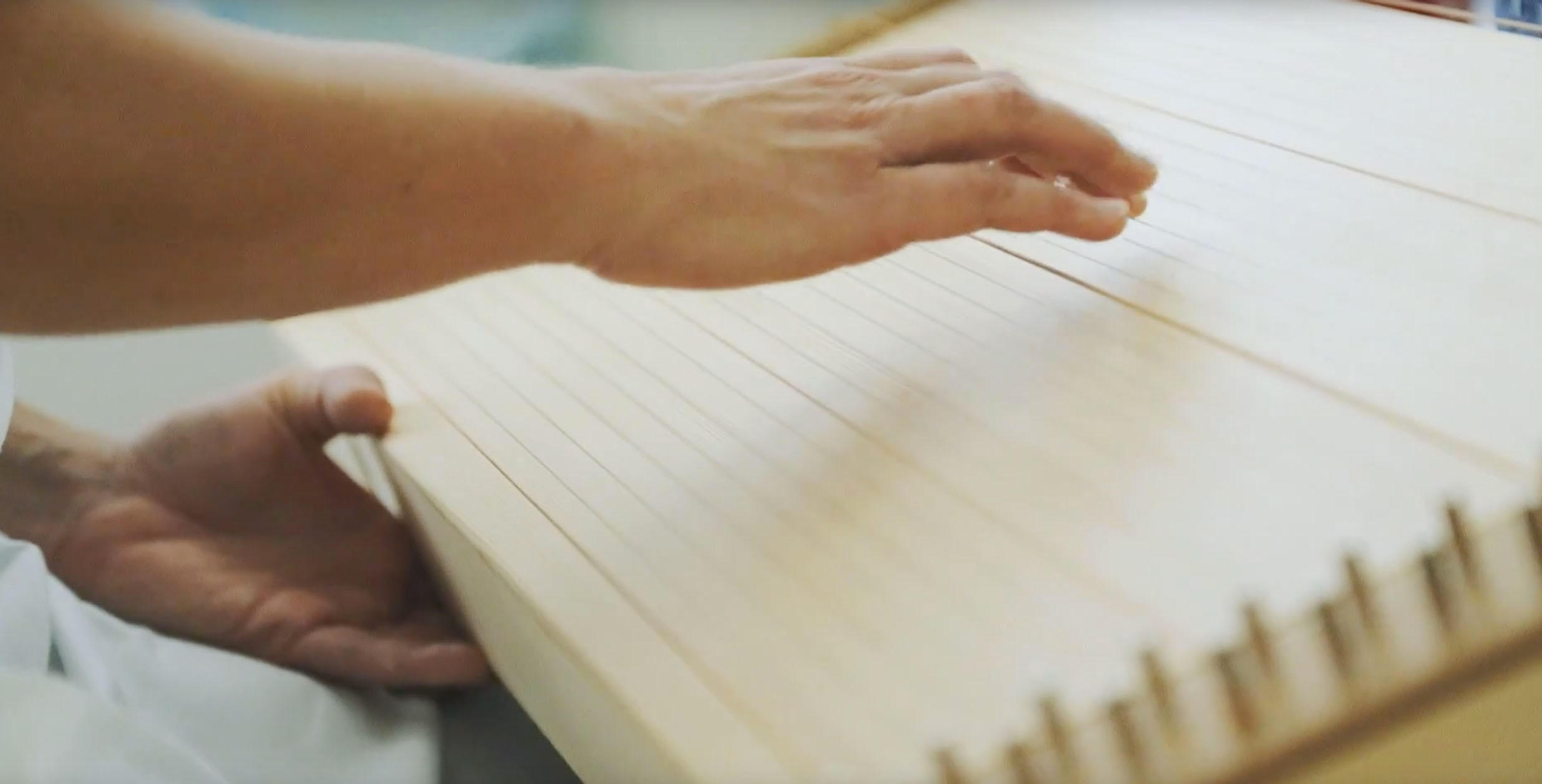
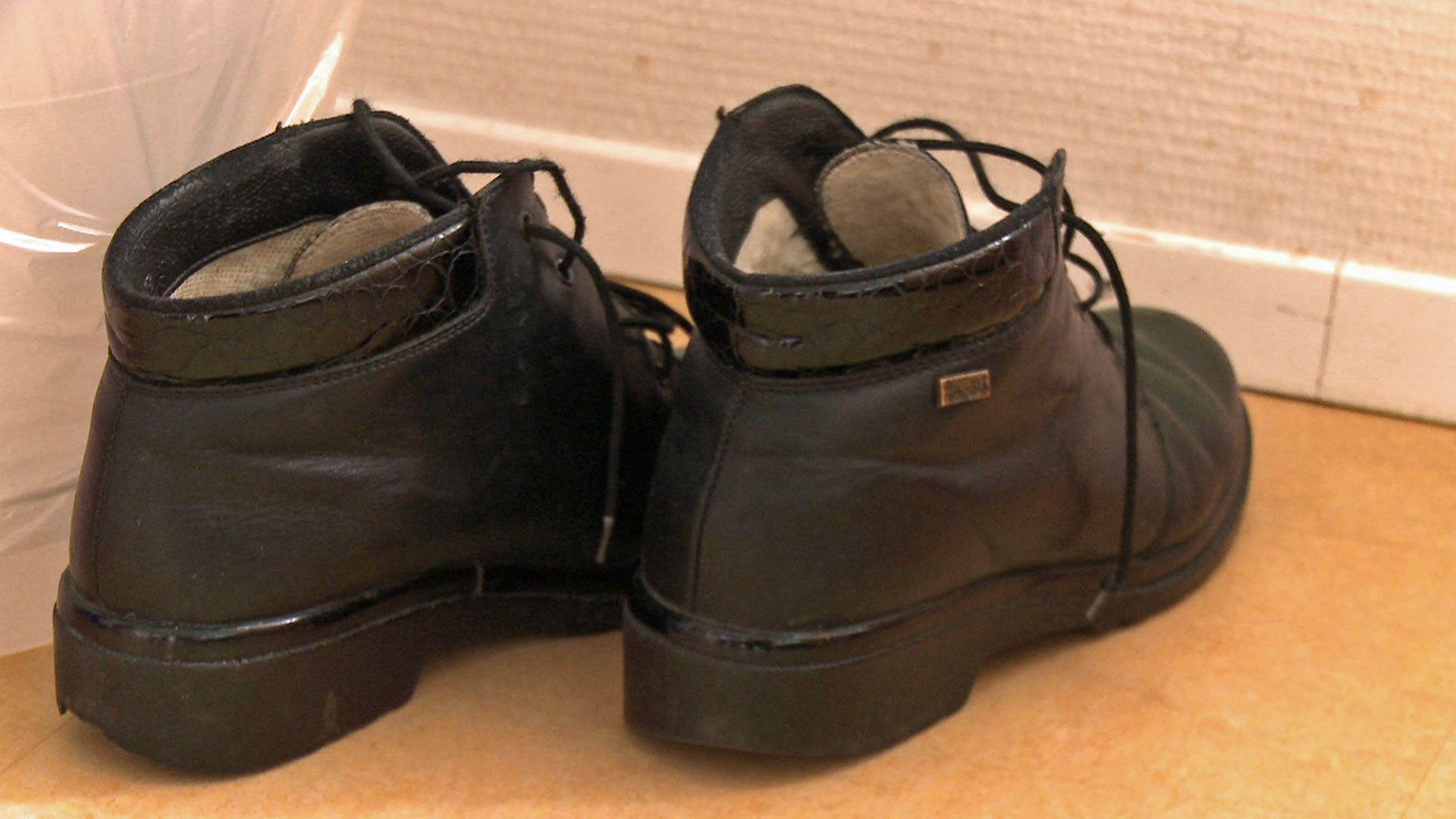




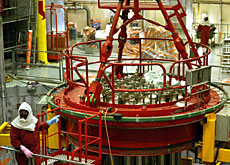

You can find an overview of ongoing debates with our journalists here . Please join us!
If you want to start a conversation about a topic raised in this article or want to report factual errors, email us at english@swissinfo.ch.